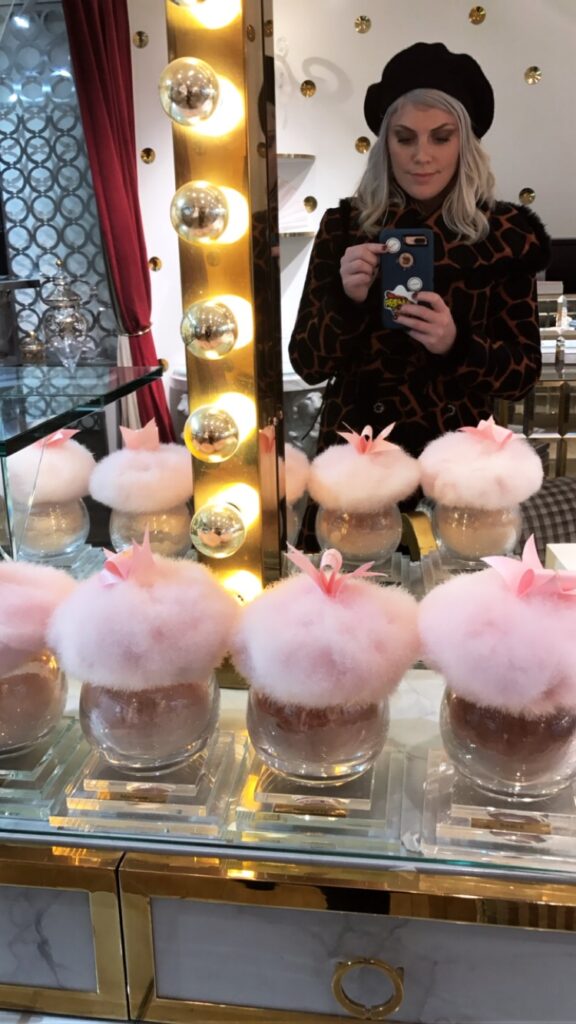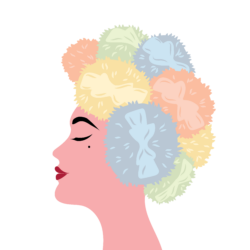In “Ode on a Grecian Urn”, John Keats leaves us with a thought-provoking conclusion: “Beauty is truth, truth beauty.” But what does that really mean?
In a world where everything constantly changes, we often chase after fleeting moments of beauty—whether through art, nature, or even makeup. But Keats suggests that beauty and truth are intertwined, and that understanding one helps us grasp the other. Beauty is more than just what we see on the surface; it’s a reflection of deeper truths about life, impermanence, and what truly matters.

When we use makeup, we’re not just enhancing physical beauty—we’re participating in an age-old practice of expressing identity, emotion, and self-discovery. But is there a deeper truth beneath the surface? What are we really saying about ourselves through the beauty we create?
Keats leaves us with the question: if beauty is truth, how much of that truth do we understand or embrace when we look in the mirror? What truths do we find in the beauty around us, and within ourselves?
